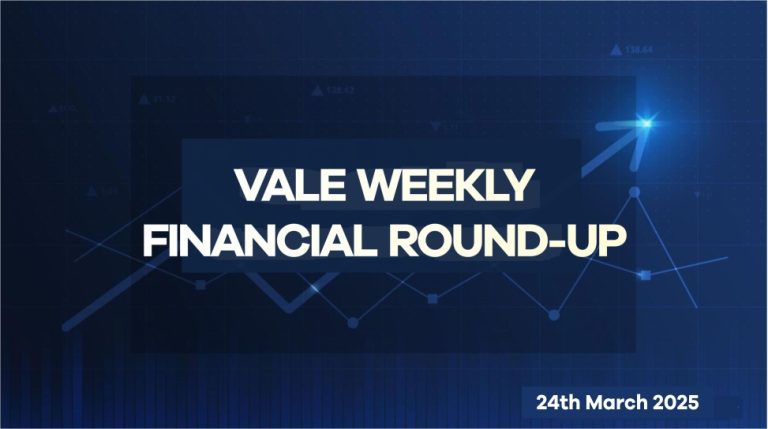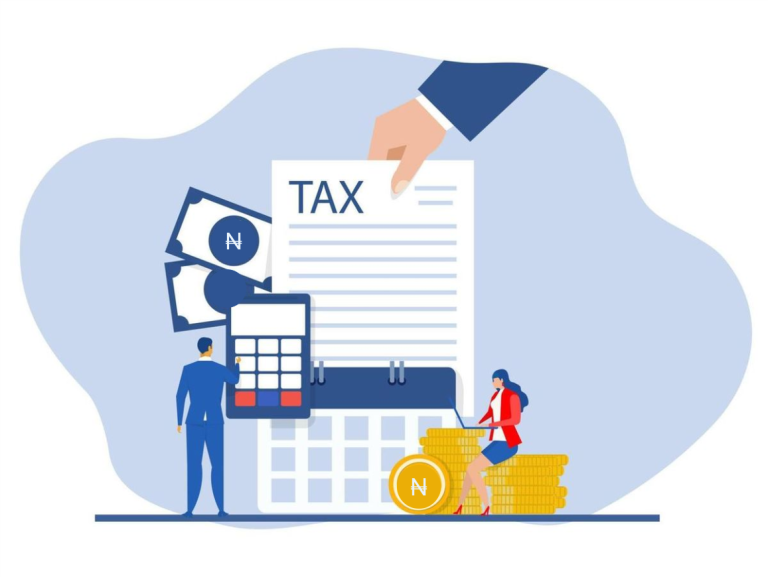Living on salary: breaking the cycle
It’s finally that week again, the one where the salary you have been waiting for finally arrives. You’ve probably been counting down to it, not because it will change your life, but because it’s how you survive the month. Salary week has become part of your rhythm. You know the feeling: waiting for the alert, planning in your head, shifting things around so it lasts a bit longer than the last one. You’ve made plans on how to spend and stretch the funds, all that is left is execution.
Before you know it, over 70% is gone. Then, you try to see if there is something you can delay. “Let me see if I can move this here, maybe push that till next week.” It’s familiar math. You’re not even trying to splurge; you’re just trying to live. And when there’s no side hustle or extra income, the salary becomes the main pillar.
The moment you think you’ve cleared everything, something else pops up. It always does. A call from home. An unexpected bill. A “please help me” moment that you didn’t budget for. It’s frustrating, not because you don’t want to help, but because you have exhausted your salary before the month even begins. You are tired of always being in survival mode, of doing so much mental accounting just to stay afloat.
If we are being real, you already know where the money goes. That’s not the mystery. The real challenge is finding a structure that can hold it all without leaving you drained.
Start with awareness
Not everything you spend on is a bad decision, but when you don’t know where your money is going, it’s hard to change anything. Just watching your spending for a week can open your eyes.
Give your salary a backup
The truth is that your salary has been doing too much. When there’s no other stream, not even a small one, everything falls on your main income. A little extra from a weekend gig, a one-time freelance job, something on the side can ease the load.
Protect what you are building
Sometimes, the problem isn’t that you don’t want to save; it’s that your money is too accessible. Every emergency, every “urgent” need is taken from the same source. That’s why some people intentionally move their savings out of reach. Not to punish themselves, but to protect what they’re trying to build. Even if it’s just a small amount.
Set boundaries without guilt
Helping people is part of our culture. We understand the struggle, so we want to show up for others. But sometimes, that generosity leaves you drained. It’s okay to say, “I can’t help right now,” especially if helping means putting yourself in a tough spot. It is not wickedness; it is a means of survival.
No one has it all figured out. You’ll still do the math, still shift things around, still try to stretch what was never really enough. However, with the right structure in place, it starts to get better. And just like that, the cycle starts to break; not all at once, but little by little.
NOW TO THE NEWS
Vale launches Savings Challenges with even more Rewards
At Vale Finance, we are turning smart money moves into a fun, rewarding experience with our new saving challenges, designed to help customers save smartly while still enjoying life. The new challenges: Summer Challenge, Millionaire Challenge, Back to School Challenge, and Detty December Challenge are designed to help users save towards their goals effortlessly.
These challenges offer an opportunity to put money aside for both long and short-term needs such as school fees, travel, or even working towards saving that first million, while earning extra rewards.
The thrilling part is, Participants stand the chance to earn up to 13% interest on their savings, plus an extra 5% bonus, making it not just a smart way to save but also a chance to earn more value for their money.
The goal-based saving challenges are available to both new and existing users on the Vale app. It’s all about helping more people save with purpose and earn while at it.
NGX, SEC Collaborate to Expand Nigeria–China Capital Market Relations
The Nigerian Exchange Group (NGX Group) and the Securities and Exchange Commission (SEC) have reaffirmed their commitment to deepening cross-border capital market partnerships, particularly with China. This was highlighted during the China-Africa CEO Dialogue, held on the sidelines of the 4th China–Africa Economic and Trade Expo in Changsha. The event brought together African institutions and Chinese stakeholders to explore new investment corridors and collaborative opportunities.
NGX Group CEO, Temi Popoola, emphasized the importance of building financial links with platforms like the Shanghai and Hong Kong Stock Exchanges. He noted that creating accessible channels for Chinese corporates to raise capital in Nigeria through instruments like bonds, commercial papers, and equity—would help mitigate risks and drive sectoral growth in areas like manufacturing and ICT.
From a regulatory standpoint, SEC Director-General, Dr. Emomotimi Agama, assured potential investors of Nigeria’s commitment to transparency, fairness, and investor protection. He reiterated that the SEC’s role goes beyond creating frameworks—it involves ensuring justice and building confidence in Nigeria’s capital market as a secure and credible investment destination.
Naira Strengthens Amid CBN Interventions and FPI Inflows
The naira appreciated slightly at the official market last week, strengthening to ₦1,547/$ from ₦1,549/$, supported by the Central Bank of Nigeria’s (CBN) dollar interventions to ease corporate demand pressures. Analysts also credited the naira’s resilience to increased foreign exchange inflows from foreign portfolio investors (FPIs), who participated in the CBN’s Open Market Operation (OMO) auction.
During the OMO auction, the CBN offered ₦600 billion in 155-day and 204-day instruments but ended up allotting ₦1.07 trillion after receiving ₦1.14 trillion in subscriptions. The stop rates cleared at 24.20% and 24.59%, reflecting strong investor appetite. The naira’s 0.13% week-on-week gain continued the positive trend seen this month at the Nigerian Foreign Exchange Market (NFEM), although it weakened slightly in the black market to ₦1,585/$.
Analysts from Cowry Asset Management and Cordros Capital expect the naira to remain relatively stable, backed by ongoing CBN interventions and improved foreign inflows as reforms take hold. However, they cautioned that geopolitical tensions in the Middle East could pose a risk to stability, though higher oil prices may benefit Nigeria’s oil-dependent economy.
Despite the naira’s gain, the CBN’s foreign reserves dropped further to $37.71 billion as of Thursday. Meanwhile, inflation eased to 22.97% in May, prompting a strategic meeting between Finance Minister Wale Edun and CBN Governor Olayemi Cardoso to strengthen fiscal–monetary coordination. Their discussions emphasized sustaining economic reforms to stabilize prices, attract investment, and promote private sector-driven growth.
Domestic Investors Dominate NGX as Equity Trades Hit ₦3.4tn
Domestic investors continued to lead trading activity on the Nigerian Exchange Limited (NGX) in the first five months of 2025, accounting for ₦2.42 trillion or 70.83% of total equity transactions, according to the latest Domestic and Foreign Portfolio Investment Report. Foreign portfolio investments contributed ₦996.03 billion, representing 29.17% of the total ₦3.41 trillion recorded between January and May.
Market activity surged in May 2025, with total transactions rising by 45.32% to ₦700.50 billion from ₦482.04 billion in April. Domestic investors drove the increase, contributing ₦581.59 billion, up to 38.81% from the previous month. Foreign trades also jumped by 88.54% to ₦118.91 billion, reflecting renewed offshore interest amid improving macroeconomic conditions and foreign exchange reforms.
Retail investors outpaced institutional participants in the domestic segment, with retail transactions rising by 86.12% to ₦337.46 billion in May, while institutional trades grew by 2.72% to ₦244.13 billion. Foreign inflows stood at ₦66.11 billion, while outflows totaled ₦52.80 billion.
Compared to the same period in 2024, May 2025 equity trades rose by 97.11%, while year-to-date figures showed a 51% increase from ₦2.25 trillion. The NGX attributed the continued growth in domestic participation to enhanced investor education, increased digital access, and improved market confidence following the Central Bank of Nigeria’s monetary policy tightening and currency reforms.


